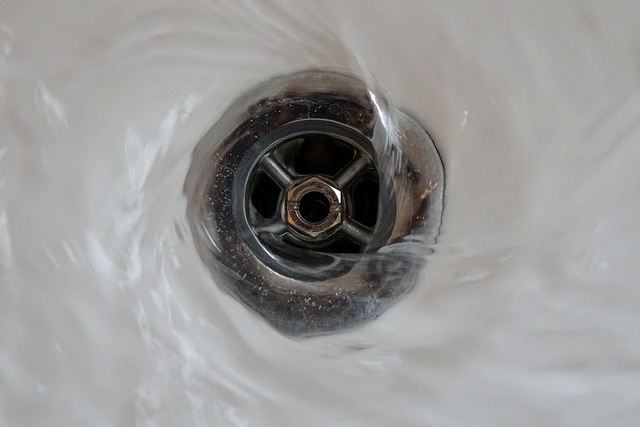Drain Cleaning : Simple DIY Fixes Every Homeowner Should Know!
Blocked drains are a common headache, but you don't always need to call in the pros. With the right techniques, many clogs can be cleared using basic tools or household items. These expert-approved drain cleaning tricks can save you time, stress, and money.

What are common drain issues and their causes?
Understanding the root causes of drain problems is the first step in effective DIY maintenance. Hair, soap scum, and mineral buildup are frequent culprits in bathroom sinks and showers. Kitchen sinks often suffer from grease and food particle accumulation. Toilets may become clogged due to excessive toilet paper or non-flushable items. Tree roots can infiltrate outdoor drainage pipes, causing more severe blockages. Recognising these common issues allows homeowners to take appropriate preventative and corrective actions.
Which DIY tricks can quickly unclog drains?
Several simple techniques can effectively clear minor clogs without the need for harsh chemicals or professional intervention. A plunger is a versatile tool that can dislodge blockages in sinks, showers, and toilets. For sinks and showers, remove the drain cover and use a plumber’s snake or a straightened wire hanger to manually remove hair and debris. Boiling water can be poured down drains to help dissolve soap scum and minor grease buildup. For stubborn clogs, a mixture of baking soda and vinegar can create a natural foaming action to break down obstructions.
What natural remedies are effective for drain cleaning?
Environmentally-friendly alternatives to chemical drain cleaners can be both effective and safe for your plumbing. A combination of baking soda and vinegar, followed by hot water, can help clear minor blockages and neutralise odours. Salt and boiling water can also be used to dissolve minor clogs and buildup. For kitchen sinks, a mixture of lemon juice and baking soda can help cut through grease while leaving a fresh scent. These natural solutions are gentler on pipes and safer for households with pets or children.
Which advanced tools can tackle stubborn clogs?
For more persistent blockages, homeowners may need to employ more sophisticated tools. A manual drain auger, or plumber’s snake, can reach deeper into pipes to clear obstructions. Drain-cleaning bladders, which attach to a garden hose and use water pressure to clear clogs, can be effective for outdoor drains. For indoor use, a handheld power auger can provide additional force to break through tough blockages. While these tools require more skill to use safely, they can often resolve issues that simpler methods cannot address.
How can homeowners prevent future drain clogs?
Preventative measures are key to maintaining clear drains and avoiding frequent clogs. Installing drain screens or hair catchers in showers and sinks can significantly reduce the amount of debris entering pipes. Regularly flushing drains with hot water can help prevent buildup of soap and grease. In kitchens, avoid pouring cooking oils or grease down the drain. Instead, collect them in a container for proper disposal. For toilets, use only toilet paper and avoid flushing wipes, even those labelled as “flushable.” Periodic use of natural cleaning methods, such as baking soda and vinegar, can help maintain clear pipes.
Prices, rates, or cost estimates mentioned in this article are based on the latest available information but may change over time. Independent research is advised before making financial decisions.
| Tool/Method | Estimated Cost | Effectiveness | Ease of Use |
|---|---|---|---|
| Plunger | £5 - £15 | High for minor clogs | Easy |
| Drain Snake | £10 - £30 | High for most clogs | Moderate |
| Baking Soda & Vinegar | £2 - £5 | Moderate | Easy |
| Drain Bladder | £20 - £50 | High for outdoor drains | Moderate |
| Power Auger | £50 - £200 | Very high | Difficult |
Prices, rates, or cost estimates mentioned in this article are based on the latest available information but may change over time. Independent research is advised before making financial decisions.
DIY drain cleaning methods offer homeowners cost-effective solutions for maintaining their plumbing systems. By understanding common issues, employing simple unclogging techniques, and implementing preventative measures, many drain problems can be resolved without professional assistance. However, for persistent or complex issues, it’s important to recognise when to seek the expertise of a qualified plumber to avoid potential damage to your home’s plumbing system.




